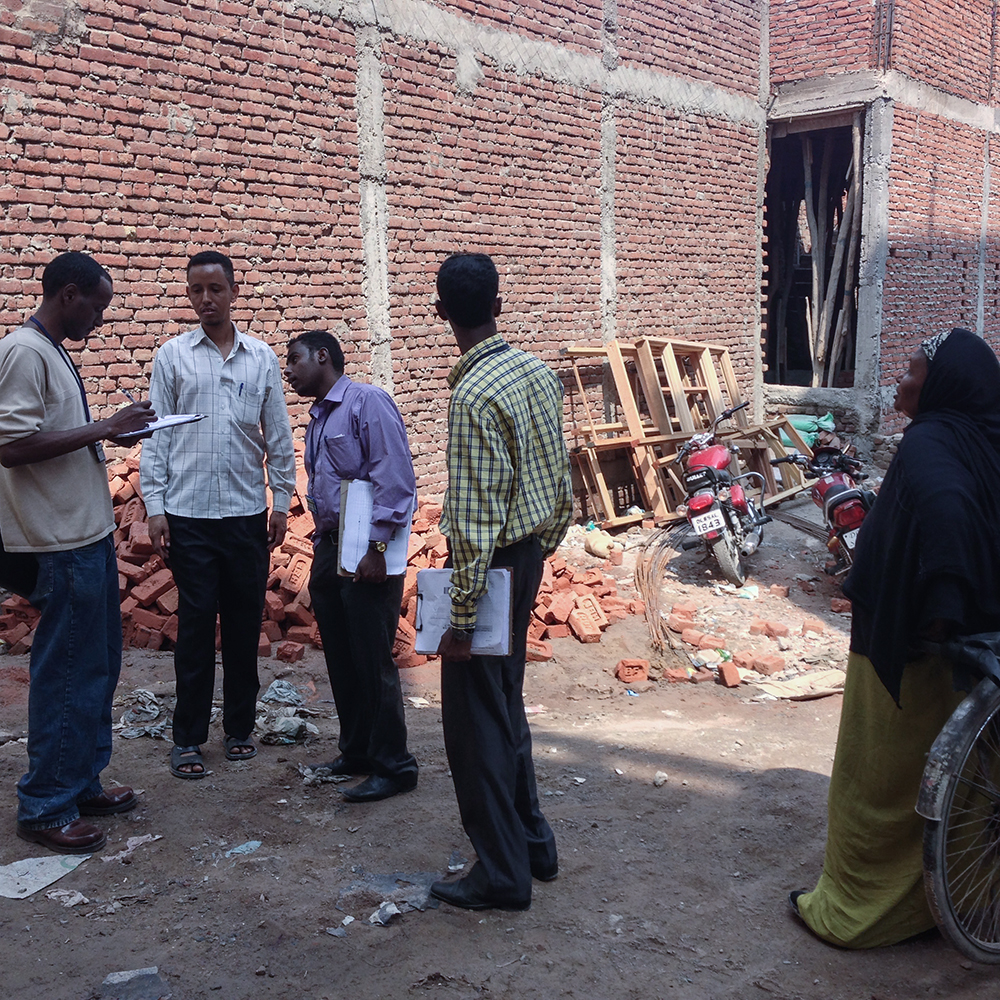India hosts refugees from some of its neighbouring countries as well as others in the region and beyond. As of 2013, the UN Refugee Agency (UNHCR) was supporting 24,000 refugees from Myanmar, Afghanistan and Somalia located in Delhi. It had collected data on these populations, but more was needed to inform advocacy and programming, particularly for its work on promoting self-reliance.
For this purpose, in 2013 JIPS worked with UNHCR and the Feinstein International Center to implement a profiling exercise of Afghan, Somali and Myanmarese refugees residing in the urban area.
